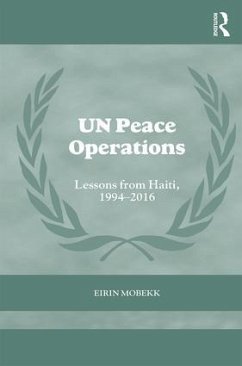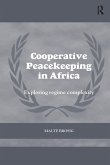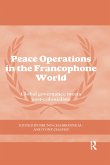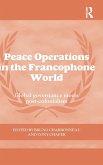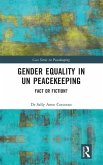This book assesses the UN Peace Operations in Haiti and establishes what lessons should be taken into account for future operations elsewhere. Specifically, the book examines the UN's approaches to security and stability, demobilisation, disarmament and reintegration (DDR), police, justice and prison reform, democratisation, and transitional justice and their interdependencies through the seven UN missions in Haiti. Drawing on extensive fieldwork and interviews conducted in Haiti, it identifies strengths and weaknesses of these approaches and focuses on the connections between these different sectors. It places these efforts in the broader Haitian political context, emphasises economic development as a central factor to sustainability, provides a civil society perspective, and discusses the many constraints the UN faced in implementing its mandates. The book also serves as a historical account of UN involvement in Haiti, which comes at a time when the drawdown of the mission has begun. In an environment where the UN is increasingly seeking to conduct security sector reform (SSR) within the context of integrated missions, this book will be a valuable contribution to the debate on intervention, UN peace operations and SSR. This book will be of interest to students of peace operations and peacekeeping, conflict studies, security studies and IR in general.
Hinweis: Dieser Artikel kann nur an eine deutsche Lieferadresse ausgeliefert werden.
Hinweis: Dieser Artikel kann nur an eine deutsche Lieferadresse ausgeliefert werden.

